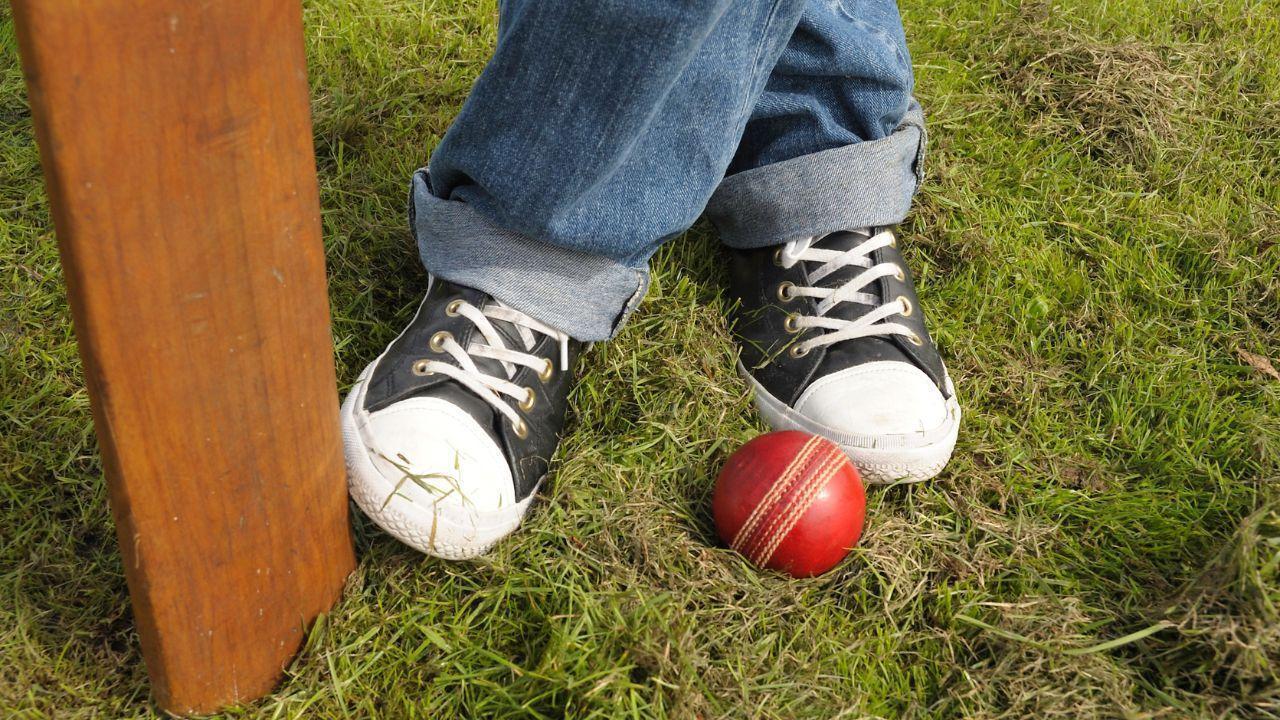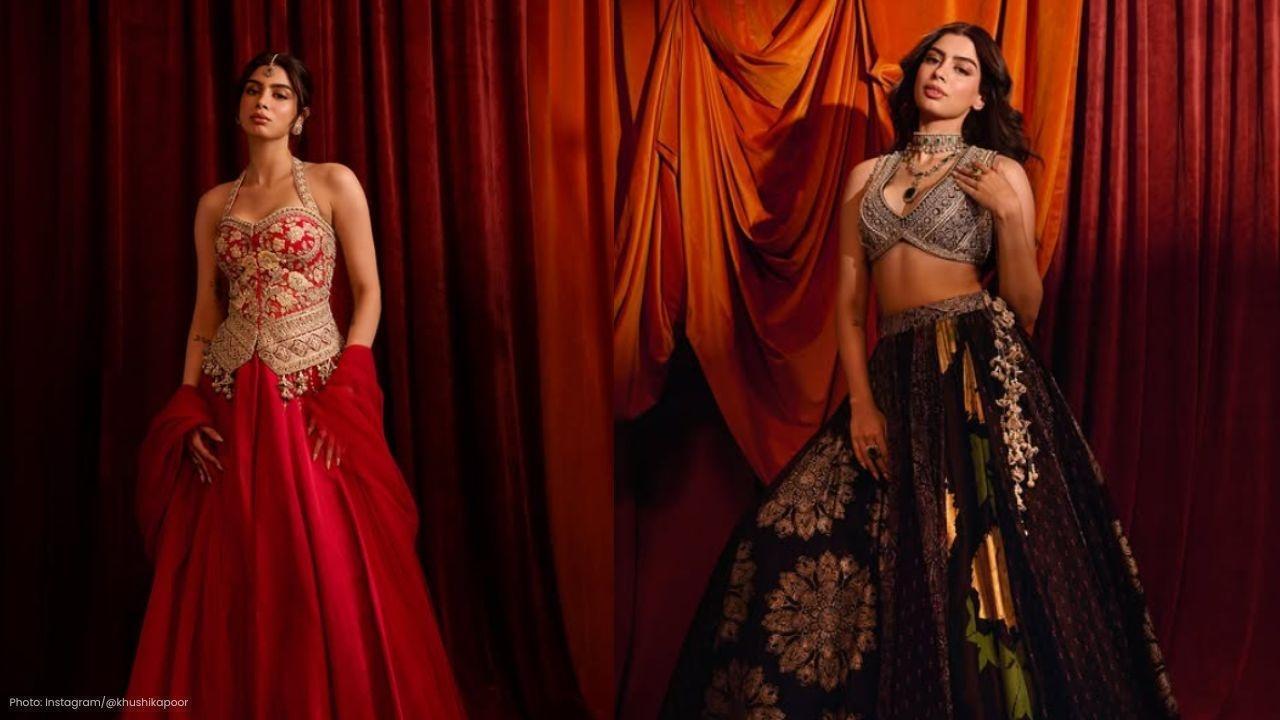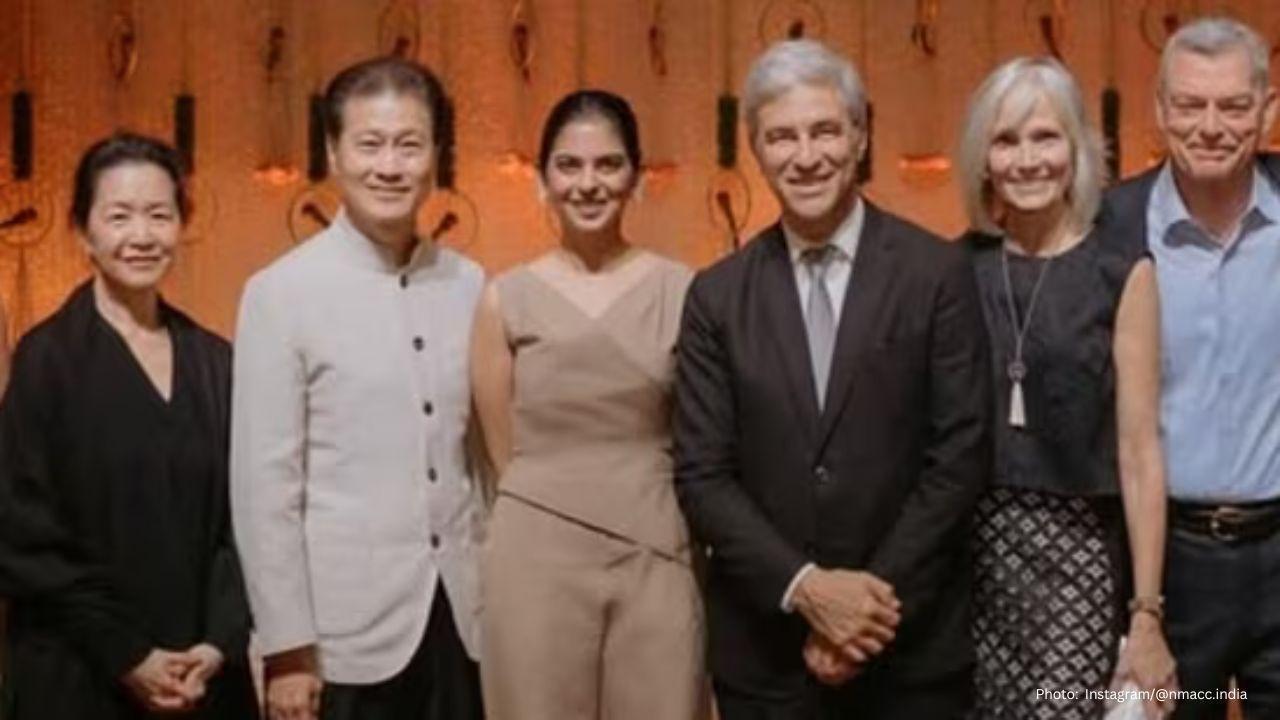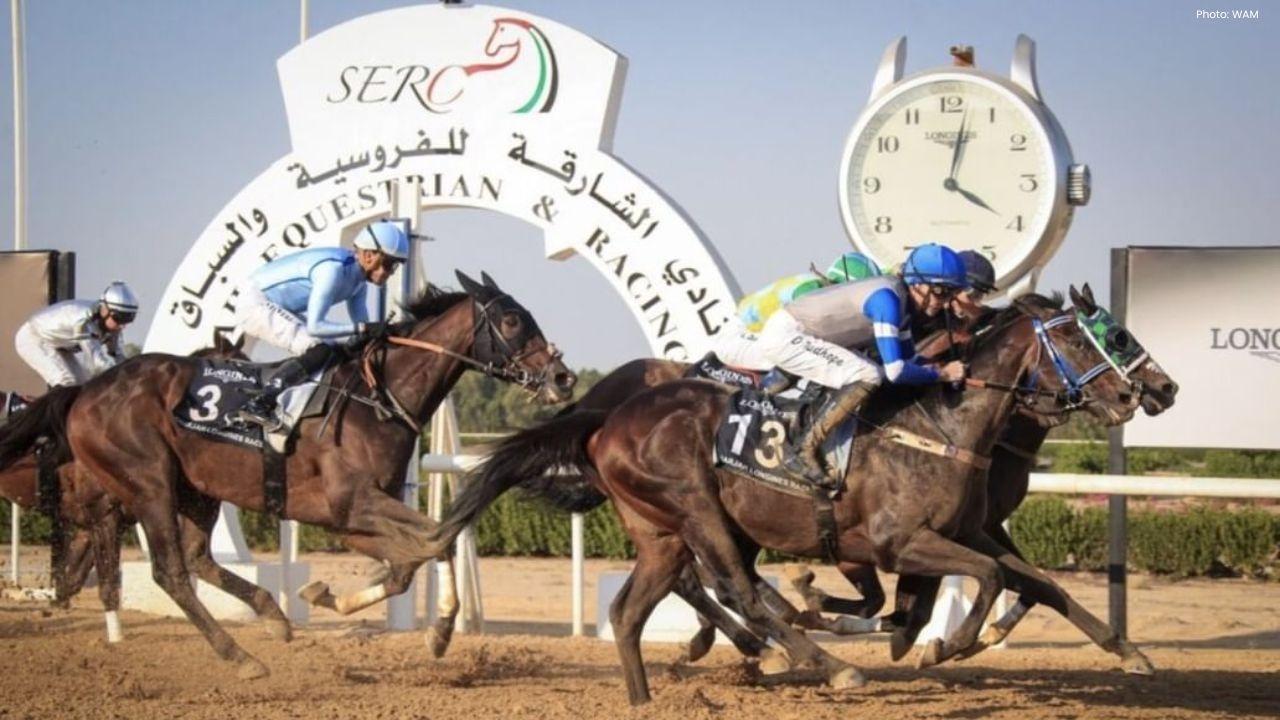
Post by : Vansh
Sports have always been more than just a competition; they are a reflection of culture, heritage, and human spirit. While modern sports dominate global attention, traditional sports hold a unique place in history. These classic sports preserve cultural identities, teach valuable life skills, and continue to inspire communities worldwide. Exploring these sports helps us appreciate their significance and understand how they have shaped societies over generations.
Traditional sports have deep roots in history, often tied to local customs, rituals, and festivals. Games such as Kabaddi in India, Sumo in Japan, and Highland Games in Scotland were not just recreational activities but also ways to demonstrate strength, skill, and honor. Unlike modern professional sports, these activities were often community-driven and passed down through generations.
Classic sports provide a window into the lifestyles and values of past societies. They showcase teamwork, strategy, physical endurance, and mental toughness. Understanding the origins of these games reveals how people connected with each other and celebrated shared heritage through physical challenges.
Kabaddi is one of the most recognized traditional sports in South Asia. Played both competitively and informally, it combines agility, strength, and strategic thinking. The sport requires a unique balance between offense and defense, making it thrilling to watch and play. Kabaddi tournaments often coincide with festivals, reflecting its cultural significance.
The resurgence of Kabaddi through professional leagues has brought global attention, helping preserve the sport for future generations. Its popularity highlights how traditional games can evolve while retaining their core cultural essence.
Sumo wrestling, a sport with roots stretching back over a thousand years, remains a symbol of Japanese culture. Wrestlers, or rikishi, follow strict rituals and training regimens, emphasizing discipline, respect, and honor. Unlike many modern sports, traditional sports like Sumo are deeply intertwined with spiritual practices, including Shinto rituals performed before matches.
The ceremonial aspects, combined with athletic skill, make Sumo more than a sport—it’s a cultural experience. Global audiences now witness these events through media coverage, bridging the gap between heritage and modern entertainment.
This article is for informational purposes only and does not replace professional advice. Readers should consult experts or verified sources for guidance. – MiddleEastBulletin










Kenta Nishimoto Defeats Lakshya Sen in Japan Masters Semifinal
Lakshya Sen's journey in the Japan Masters ends after losing to Kenta Nishimoto 19-21, 21-14, 12-21

Kenta Nishimoto Defeats Lakshya Sen in Japan Masters Semifinals
Lakshya Sen's run at the Japan Masters concludes with a loss to Kenta Nishimoto in the semifinals, 1

Major IPL Trade: Jadeja Joins Royals as CSK Signs Samson
In a significant IPL trade, CSK has acquired Sanju Samson from Rajasthan Royals in exchange for Ravi

Popovic Urges Team Enhancement Following Venezuela Defeat
Australia's narrow 1-0 loss to Venezuela highlights the need for improvement, says coach Tony Popovi

Pochettino Emphasizes Competitive Spirit for U.S. World Cup Squad
U.S. coach Mauricio Pochettino stresses that every player must earn their spot for the 2026 World Cu

Sharjah Equestrian Club Kicks Off 2025–26 Racing Season with Exciting Lineup
The 2025–26 racing season at Sharjah Equestrian Club opens on Sunday, featuring six thrilling races